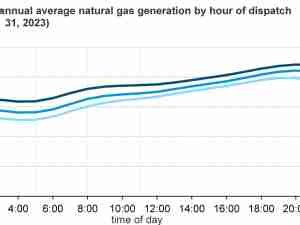Oil rose amid a weaker dollar and signs of improving demand in China and India.
Crude futures gained as much as 2.3% in New York as the Bloomberg Dollar Spot Index weakened as much as 0.3%, raising the appeal for commodities priced in the currency. Meanwhile, refinery activity in Asia is signaling a bright spot for demand recovery. One Chinese mega-refiner is snapping up barrels of Middle Eastern crude to feed trial runs of its expanded plant, while India’s refiners have cranked up processing to meet higher consumption during a festive period.
“The U.S. dollar is playing a role here,” said Bart Melek, head of global commodity strategy at TD Securities. “It’s giving up much of the gains it made from the other day, and there technically is an inverse relationship,” between the dollar and oil prices.
Signs of demand picking up in Asia is helping lift the overall outlook for oil consumption, which continues to struggle to return to normal due to the coronavirus pandemic. European governments are looking to impose new lockdown measures to control the spread of the virus, with German Chancellor Angela Merkel looking to push for tougher coronavirus restrictions in talks with regional officials.
Rongsheng Petrochemical Co.’s Singapore unit has purchased at least 7 million barrels in the spot market so far this month for delivery in December and January, according to traders who asked not to be identified because the information is private. The company is buying up crude to feed a trial runoperation of its expanded refinery in Zhejiang province this quarter.
The oil purchase from Rongsheng’s Singapore unit is “giving a ray of hope for the market,” said John Kilduff, a partner at Again Capital LLC. “We’re seeing demand pick up in the face of constrained supply, helping to push up prices a bit.”
Traders’ attention has also turned to plans by OPEC+ to raise supply in 2021 in line with its agreement earlier this year. While some producers inside the group are said to have doubts, the United Arab Emirates and now Russia have said that, for the time being, the group intends to proceed as scheduled. Saudi Crown Prince Mohammed Bin Salman and Russian President Vladimir Putin on Tuesday urged the alliance to comply with agreed cuts as virus infections rise again.
Meanwhile, U.S. crude inventories are expected to have declined by 2 million barrels last week, according to the median estimate in a survey of Bloomberg analysts ahead of government data released on Thursday. The industry-funded American Petroleum Institute will report its supply tally later Wednesday.








